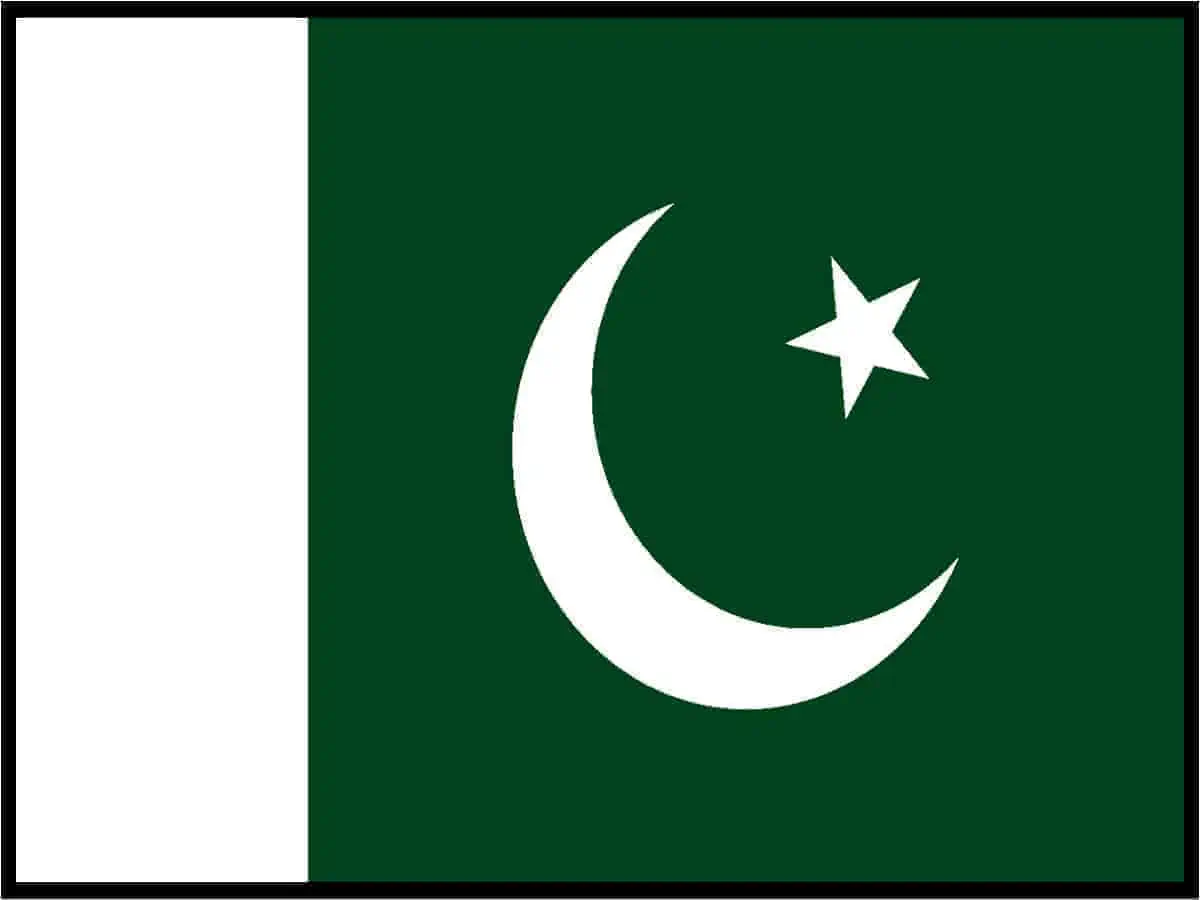
Islamabad: Pakistan has decided to plead “vigorously” and seek exemption from potential US sanctions against the planned construction of a multi-billion dollar pipeline to import cheap gas from neighbouring Iran, the petroleum minister has said, asserting that it “can’t afford sanctions” on the project.
Minister for Petroleum Dr Musadik Malik said that the government would seek exemption from US sanctions for the multi-billion-dollar Iran-Pakistan (IP) gas pipeline project, the Dawn newspaper reported.
“We will seek exemption from US sanctions. Pakistan cannot afford sanctions in the gas pipeline project,” he told journalists during an informal chat on Monday evening.
The development came after US Assistant Secretary of State for South and Central Asia Donald Lu said at a congressional hearing that Pakistan had so far not sought exemption for the 1,150-kilometre gas pipeline.
Malik said the government would “plead vigorously” Pakistan’s case for the waiver on technical, political and economic grounds at relevant forums, including through lobbying.
He also expressed the hope that the project’s construction would begin soon while complying with contractual obligations with Iran.
Malik’s remarks were in contrast to the stance put forward by the Foreign Office, whose spokesperson told a press briefing last week that there was no room for any discussion or waiver from a third country.
An official said the caretaker government had delayed the filing of a request for exemptions from US sanctions due to the changing geopolitical situation, though its draft had been finalised, according to the report.
Pakistan and Iran signed an agreement in May 2009 for the supply of 750 million cubic feet per day of gas for 25 years from Iran’s South Pars gas field. Both countries were required to implement the project in their respective territories.
The project was initially conceived as an India-Pakistan-Iran gas pipeline, but later, India left it and became a bilateral project between Pakistan and Iran.
According to the agreement, the project was to start supply by January 2015. While Iran has already built over 900 km of the pipeline, the remaining 250 km segment has yet to be completed.
The caretaker government opted to start building an 80-kilometre segment of the gas pipeline, extending from the Iranian border to Gwadar, at an estimated cost of USD 158 million (Rs 44.2 billion) to ward off USD 18 billion potential penalties from Tehran.
In August last year, Pakistan temporarily shelved the gas pipeline project, apparently under pressure from the US, which imposed sanctions against Tehran over its nuclear programme.
On December 21, 2023, the National Iranian Oil Company (NIOC) served a material breach notice to Pakistan’s Inter-State Gas Systems (Pvt) Ltd (ISGS), an entity of the petroleum division, alleging material breach of buyer’s warranties.
The NIOC gave the ISGS 180 days to remedy the alleged material breach and referred the matter to the coordination committee for resolution.
If Pakistan doesn’t implement the project, Tehran has the option to move the Paris-based International Court of Arbitration, with potential contractual liability estimated to be USD 18 billion, according to the report.



